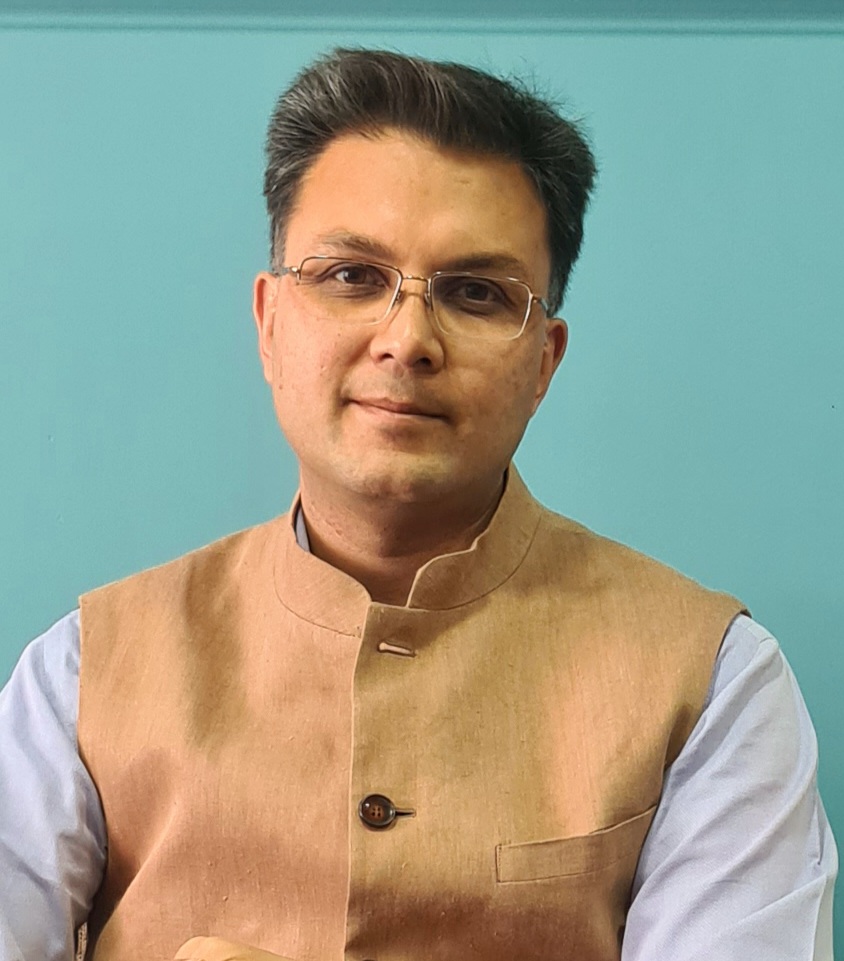Columns
Miscarriage of (chief) justice
Justices eyeing plum positions during or after active service risk eroding the independence of the judiciary.
Semanta Dahal
The leadership of the Supreme Court has been relegated to a caretaker status ever since the ignominious ejection of Cholendra Shumsher Jung Bahadur Rana on February 13, 2022. In the 15 months since, two senior judges have impersonated the Chief Justice, not only by assuming the acting role in the courtroom but outside as well, including in the swearing-in ceremony of the third President Ramchandra Paudel. While the "acting" perhaps warrants some compliment for blending well into the character of the Chief Justice, the plight the judiciary is subjected to is unwarranted.
Acting too much
When Justice Deepak Kumar Karki retired in October 2022, the government awarded him post-retirement benefits equivalent to a formally appointed Chief Justice. The decision invited criticism, including remarks of an unduly influenced judge, but was not revoked–neither by the executive nor the judiciary. The appointment of Chief Justice during Deepak Kumar Karki's tenure was stymied ostensibly by half-measured impeachment proceedings initiated against Cholendra Shumsher JBR and a lengthy election period. But most importantly, it was crippled by the political honchos seeking to impair the judiciary to tip the strength of the executive.
Justice Hari Krishna Karki, the current judicial protagonist, who had to self-direct himself to perform the "acting" role, has been facing a similar antagonistic plot. Only around five months remain of his "acting" tenure, which started six months ago. Alas, even in this instance, the political intent and indications do not align with constitutional provisions, including Article 284 (2), which requires the Constitutional Council headed by the Prime Minister to recommend the appointment of a Chief Justice a month before the occurrence of the vacancy.
Hearing or red herring?
The appointment of the Chief Justice, under the constitutionally envisaged process, commences with the recommendation by the Constitutional Council, undergoes a rejection voting before the Parliamentary Hearing Committee, and completes with the appointment and oath administration by the President. This process is vulnerable to undue prolongation, especially if the Constitutional Council fails to quorate, rules of parliamentary procedures are not adopted, and above and beyond all, political considerations eclipse the constitutional provisions.
The first case in point is the excessive delay in inducting the ex-officio members of the Constitutional Council following the November 20 general elections. The position of the Prime Minister–Pushpa Kamal Dahal–was filled on December 25 last year; the Speaker–Dev Raj Ghimire–and the Deputy Speaker–Indira Ranamagar–on January 19 and 21 this year, respectively; and the leader of the opposition–KP Sharma Oli–on March 20, this year, after a few rounds of shuffling and Dahal's re-run of the floor test. If this was not too winding a route already, the government has now moved an amendment bill to regulate the business of the Constitutional Council, which could upset the timely holding of the body's meetings.
The second case in point is the fool's bargain that delayed the adoption of the rules for the conduct of parliamentary proceedings. The ruling coalition led by the Maoists and the opposition led by the UML were duelling over whether or not to strip the Speaker of some of the position's customary privileges. The rules were finally adopted in a sparsely attended house session on Sunday, April 2. Now the selection of honourables to the Parliamentary Hearing Special Committee remains outstanding; without its formation, it is inconceivable to grant a parliamentary hearing to any nominee to the office of the Chief Justice.
The parliamentary confirmation of a judge's nomination, a feature uncharacteristic of the bicameral parliamentary system, first found a place in the Interim Constitution of Nepal 2006 due to the red wave provoked after the Maoist militants were dragged into the peace process. The confident Maoists, back in the day, wanted to lower the judges' confidence, and hence parliamentary hearing was incorporated at their insistence. This constitutional overture was retained in the 2015 Constitution and has become a parliamentary modus operandi for obstructing crucial Supreme Court judicial appointments, meriting a more profound debate on whether parliamentary hearing upholds judicial independence. Notably, unlike the US Constitution defining clearly the role of "advice and consent" of the Senate, the 2015 Constitution of Nepal does not equip the Parliamentary Hearing Special Committee with similar authority.
Last words
Empirical studies conducted by Professors Ryan Black and Ryan Owen in the United States examining the behaviour of the judges of US courts of appeals have shown that the judges expecting elevation to the US Supreme Court are more likely to consistently rule in line with the preference of the US President. This is not an encouraging finding for judicial independence, but considering the factors affecting human behaviour, it is not surprising either. Humans, ultimately, are susceptible to temptation. Although a similar conclusion cannot be made about the judges of Nepal without a detailed comparative study, Black and Owen's study on the American judges' tendency help us understand that political branches of the state have the incentive to resort to a variety of luring tactics to keep the aspirant Chief Justice firmly in check.
An aspirant Chief Justice will not always grandstand to please the government in power; an aspirant might avoid or shun cases having strong political overtones fearing political retaliation or backlash. If the fear increases, judicial independence and effectiveness diminish, eroding the rule of law. As a result, the last words written to ascribe meaning to the constitutional provisions will be botched. It is time to act sincerely–but without acting.




 11.12°C Kathmandu
11.12°C Kathmandu















